Yarrow is a versatile plant that can be used for a variety of purposes. The leaves can be used as a food source, and the flowers can be used for decoration or to make herbal teas. Yarrow can also be used medicinally, and the plant has a long history of being used for healing purposes. Today, yarrow is still used by many people for its medicinal properties. Some of the most common uses for yarrow include treating colds and flu, reducing inflammation, and aiding in digestion. Yarrow is also sometimes used as a natural insecticide.
Table of Contents
What is yarrow?
Yarrow is a flower in the sunflower family that is related to chamomile and chrysanthemum. It has been used by cultures all over the world since ancient times. In the past, it was used as a tea, put on the skin, or cooked to reduce inflammation (especially in the digestive tract), help heal skin wounds, and ease anxiety and sleeplessness.
Early uses of yarrow:
Yarrow is from Europe and Asia, but it has become a native plant in North America. It has been used in food and medicine since around 1200 BC, during the Trojan War. The name comes from the myth that Achilles used it on the Centaur's advice. In ancient times, people called yarrow "herba militaris" because it stopped bleeding from war wounds. People have made tea from yarrow leaves and put young leaves and flowers in salads. People have used yarrow infusions to clean their skin and as medicines. A. ptarmica leaves have been used to make sneezing powder, while A. millefolium leaves have been used to make snuff. As a "strengthening bitter tonic" and an astringent, yarrow has been used in medicine. People who have toothaches have been told to chew on fresh leaves. Shampoos with yarrow oil have been used to "heal" the skin.
Other common names of yarrow:
- common yarrow
- thousand-leaf
- thousand-seal
- devil’s nettle
- gordaldo
- old man’s mustard
- milfoil
- nosebleed plant
- old man’s pepper
- sanguinary
- soldier’s woundwort
Health benefits of yarrow:
- Heals Wounds
Yarrow is called a "styptic," which means it is a herb that stops bleeding. Most of its ability to heal wounds comes from the alkaloid achilleine, which helps the blood clot, which makes the wound close up quickly. A 1954 study found that just half a milligramme of achilleine per kilogramme of body weight can cut the time it takes for a wound to heal by 32%.
To reduce the chance of getting an infection, yarrow makes the blood platelets in the affected area move around. This makes a protective layer that keeps bacteria that cause infections from getting into the body. It has strong anti-microbial properties that come from the terpenes in its essential oil. When this oil is put on a wound, it kills the bacteria. This herb can be used to treat minor cuts and burns because it naturally relieves pain and reduces inflammation. This helps the skin heal while relieving pain and swelling.
- Helps the blood flow
On the other hand, yarrow makes blood flow better and improves circulation. It is known to make the capillaries bigger, which makes the blood flow better. A healthy blood flow is important for the body's overall health because it makes sure that every part of the body gets enough blood and oxygen to work right.
Varicose veins are a common problem caused by poor blood flow. Yarrow is a great herb that can help prevent or treat this painful condition. It does this by getting rid of blood clots and tightening the vein walls with its astringent properties. Because of this, it can also help with more serious problems like atherosclerosis.
- Improves the health of the Gut
Yarrow is a "bitter herb" that is a great digestive stimulant. It helps the gallbladder make the right amount of bile, which helps digestion and can stop gallstones from forming. It also has the phytochemical azulene, which has antispasmodic properties and relaxes the muscles inside the stomach. This makes it helpful for stomach cramps.
Because it can heal and tone the mucus membranes in the digestive tract, yarrow has long been used to treat stomach flu and other digestive problems. It can also get hydrochloric acid production back to normal. Low stomach acid is now known to cause many digestive problems, like indigestion and heartburn.
- Perfect as Women's Herb
Yarrow is good for health in many ways, especially for women. It is especially good at either reducing a heavy flow of menstrual blood or stimulating the uterus to start a period. Yarrow helps tone the muscles and increase the activity of the muscles in the uterus, which helps start the flow of menstruation. This herb is great for women who don't have their periods, which is called "amenorrhea." If you're using this herb to stop heavy bleeding, it's important to take care of what's causing it at the same time.
Also, because it relaxes muscles and reduces inflammation, it is great for relieving menstrual cramps.
In terms of fertility, the fact that it improves circulation means that the right amount of blood gets to the reproductive organs. This helps get rid of pelvic congestion caused by conditions like PCOS and endometriosis and eases the pain that these conditions cause.
- Oil Made From Yarrow
This essential oil smells sweet, green, and herbal, and it has natural anti-inflammatory, antiseptic, antispasmodic, and astringent properties.
As a good wound healer, it can be mixed with creams, lotions, or a carrier oil and put on a wound to keep it from getting infected and speed up the healing process. It protects the wound and makes the platelets and leukocytes in the blood work better (white blood cells that fight off foreign invaders).
Burning Yarrow essential oil in an oil burner will not only get rid of germs and diseases in the area, but it can also help reduce inflammation in the lungs and nose, which can help with coughs and colds.

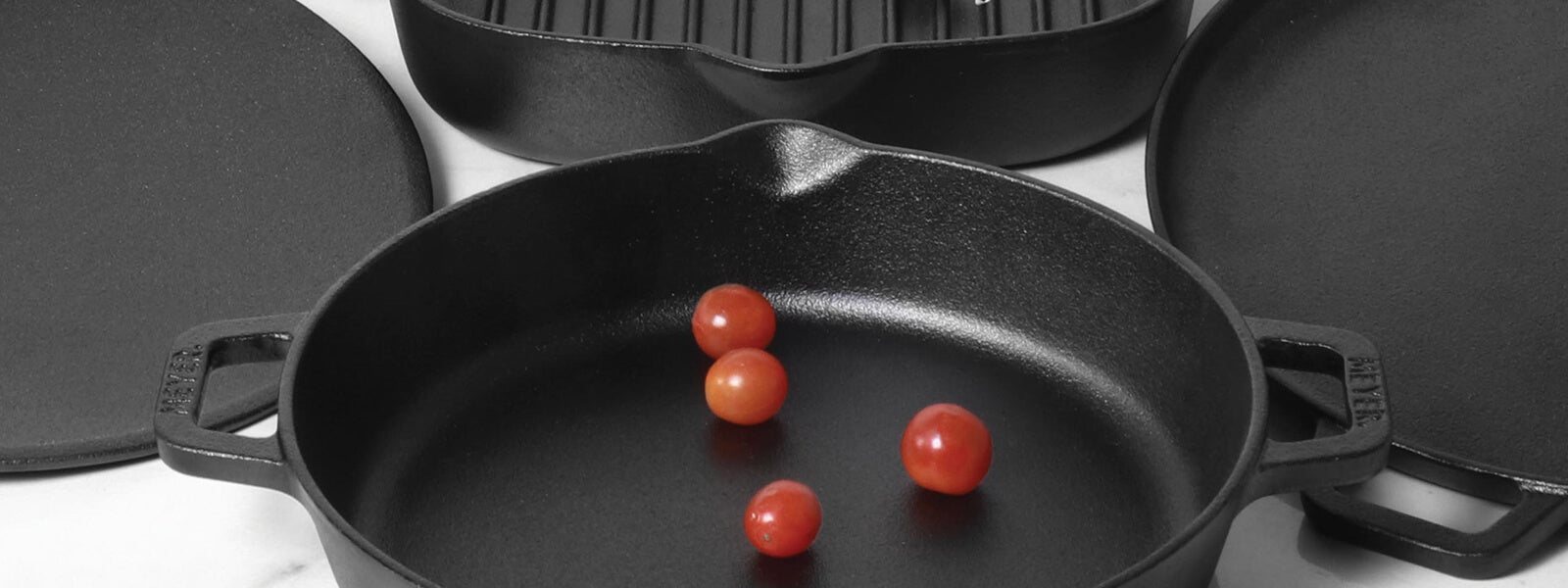
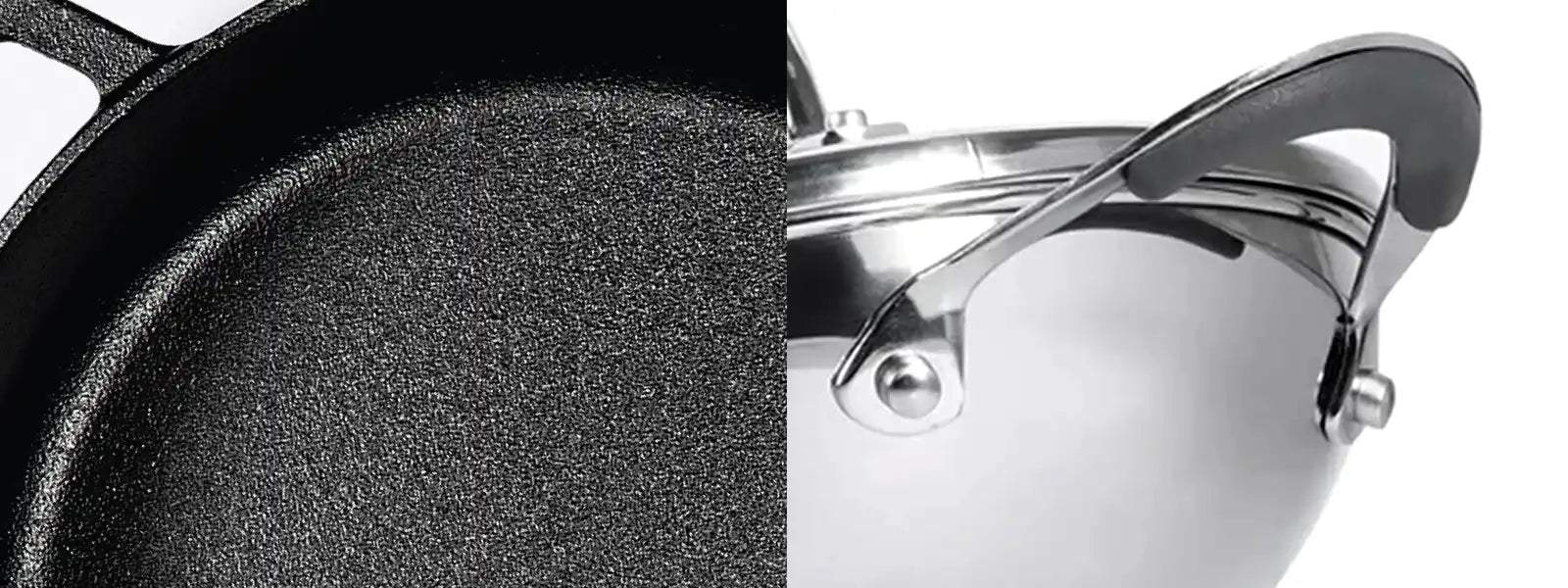

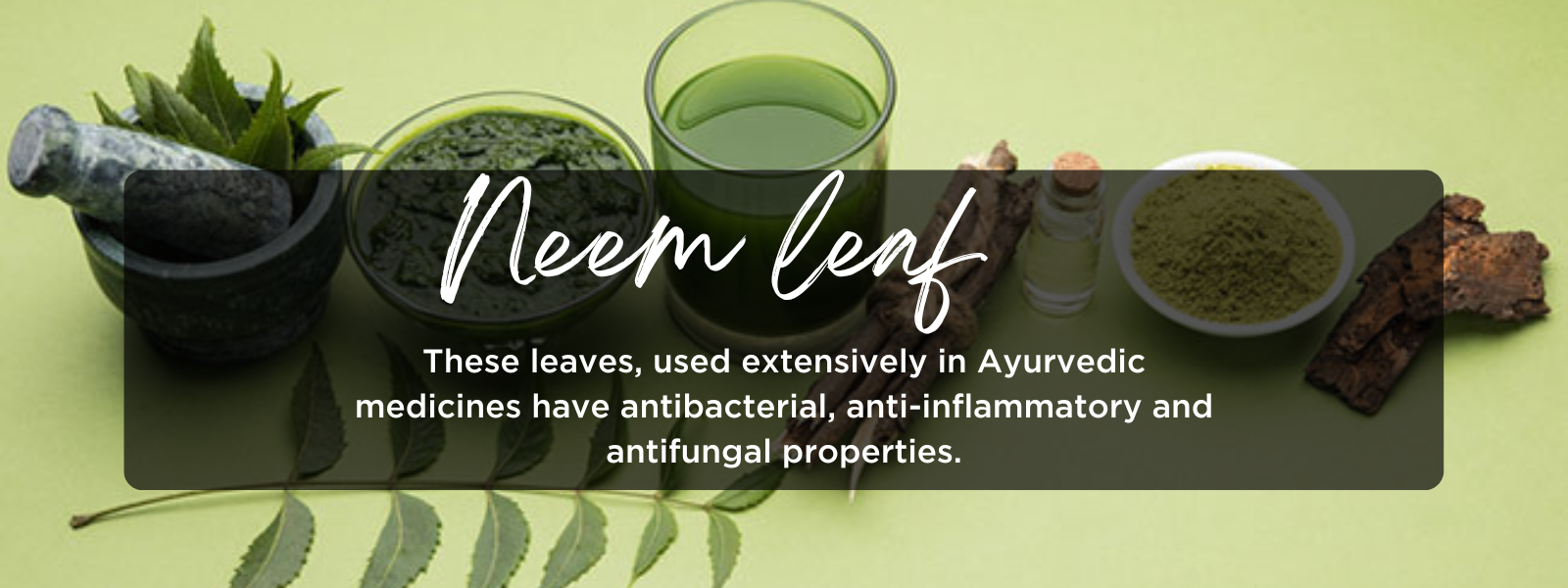
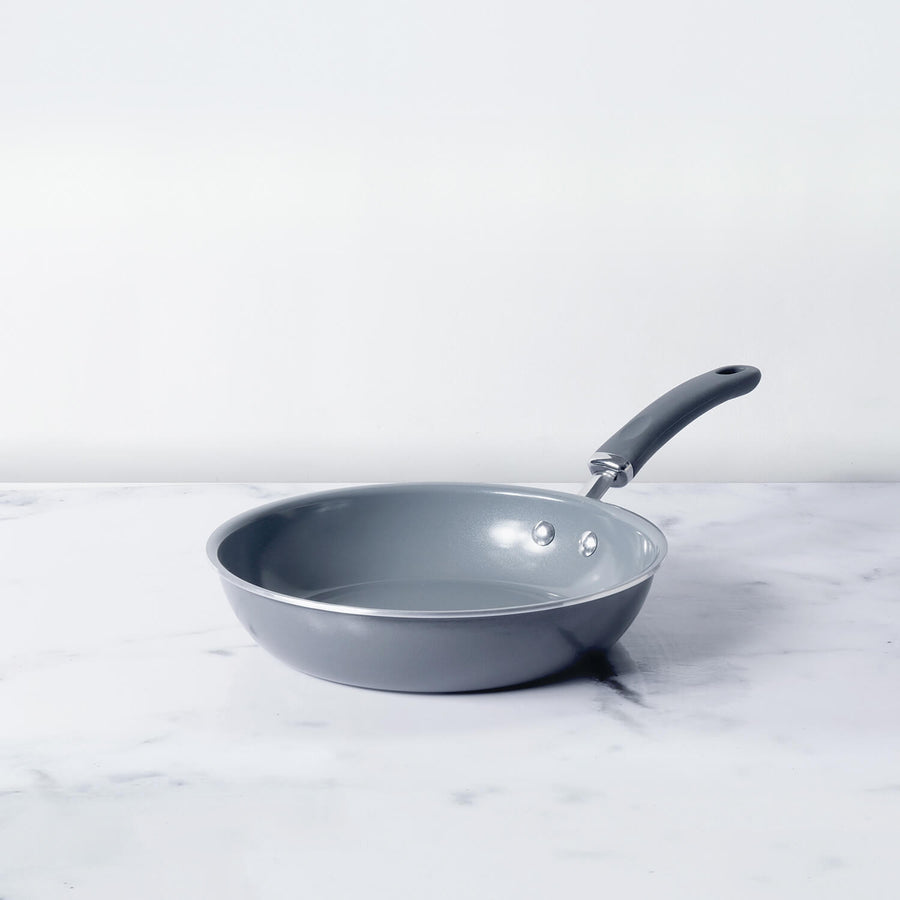
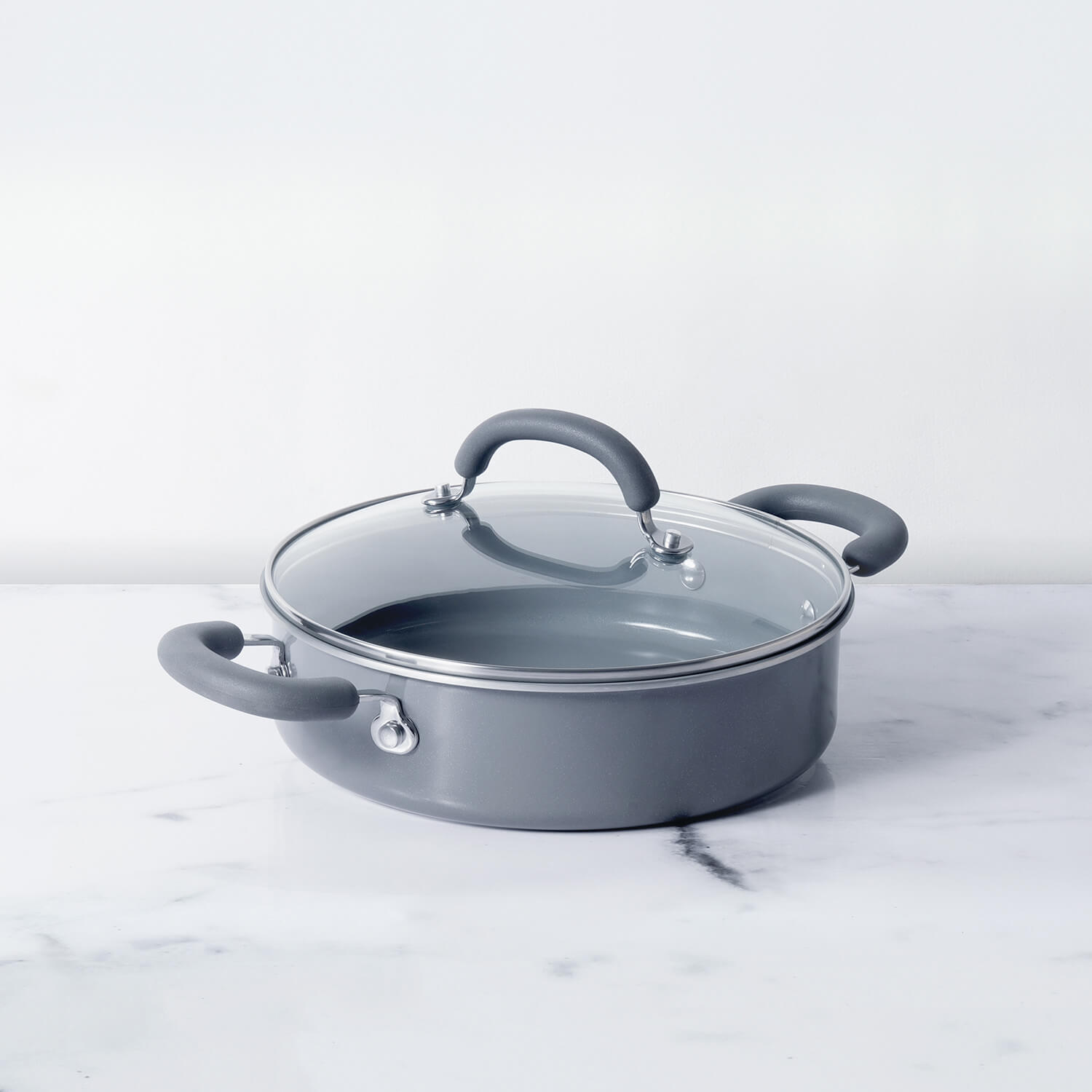




Leave a comment